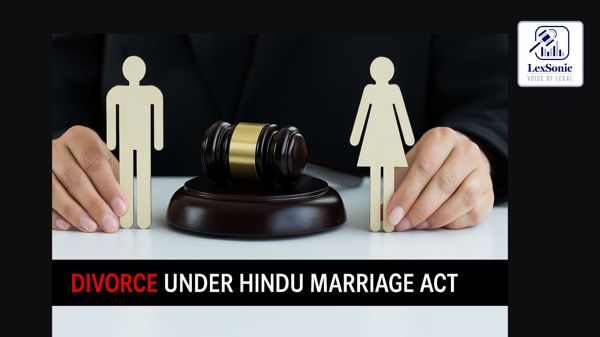Supreme Court Transfers Matrimonial Case Citing Wife’s Hardship and Distance from Home.
31 October 2025
Divorce Law >> Family Law
This case arises out of matrimonial disputes between the parties, Soniya Devi and Pankaj Kumar, who got married on May 25, 2015. The spouses are blessed with two children—a female child born in 2016 and a male child born in 2021. Due to marital discord, the husband, Pankaj Kumar, filed a divorce case under Section 13 of the Hindu Marriage Act, 1955, before the Family Court at Kamrup (M), Guwahati. The wife, Soniya Devi, has filed the instant application before this Court seeking transfer of the case to the Family Court at Panipat, Haryana, on grounds of extreme inconvenience and vast distance from her residence, which is about 1,500 kilometers away from Guwahati.

After weighing the two sides' arguments, the Bench held that the petitioner would suffer immense inconvenience if she was compelled to continue attending the proceedings in the court of Guwahati. Considering this and the respondent’s non-opposition, the Court granted the transfer petition. The Bench ordered that the divorce petition and the pending maintenance proceedings be remitted to the Family Court at Panipat. The parties were ordered to appear before the transferee court on December 5, 2025.
This decision simply brought into focus the Court's steadfast determination that matrimonial litigation should not become a source of hardship or imbalance in the life of either party, especially when one party would otherwise be obliged to litigate far from his home and support network. The Supreme Court, in balancing procedural fairness with compassion, once again took the humane approach toward matrimonial disputes within the constitutional framework of equal access to justice.
Section 13, Hindu Marriage Act - 1955
